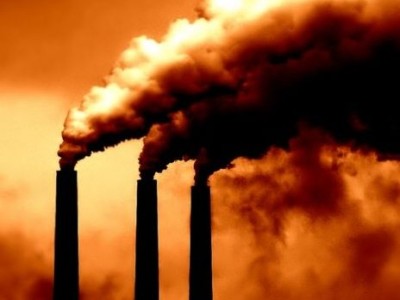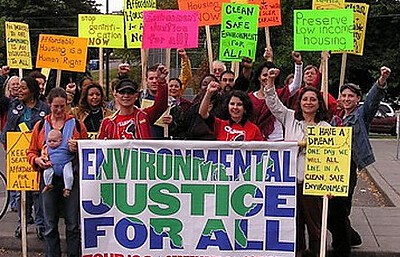Domestic Manufacturing Worker Chemical Exposure and OSHA
We seek more manufacturing jobs in the United States and we want these jobs to be high paying and low risk. Is this “win-win” achievable? The NY Times has a long article about long term toxic exposure risk in North Carolina manufacturing plants.
“A chemical she handled — known as n-propyl bromide, or nPB — is also used by tens of thousands of workers in auto body shops, dry cleaners and high-tech electronics manufacturing plants across the nation. Medical researchers, government officials and even chemical companies that once manufactured nPB have warned for over a decade that it causes neurological damage and infertility when inhaled at low levels over long periods, but its use has grown 15-fold in the past six years.”
The NY Times article never discusses hourly wages in these industries. If workers must be paid more to work in such risky jobs, then employers would have a financial incentive to consider alternative ways to produce the same products while exposing workers to less risk. If wages do not reflect this extra risk, why is this the case? Are workers unaware of the risk they face? The NY Times piece suggests this is false. You might advance a local monopsony argument that in medium sized cities that there aren’t many employers seeking to purchase worker’s time.
The big issue here returns to “green chemistry”. Do for profit firms have strong incentives to consider best practices to produce their products in ways that reduce their workforce’s exposure to toxics and to reduce the local community’s exposure to such toxics? Torts law, competitive labor markets, OSHA credible fines and public pressure for externality internalization would all achieve this goal but if the domestic firms’ cost rise, will the factory move abroad?







Reader Comments